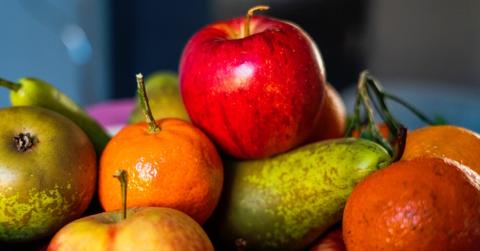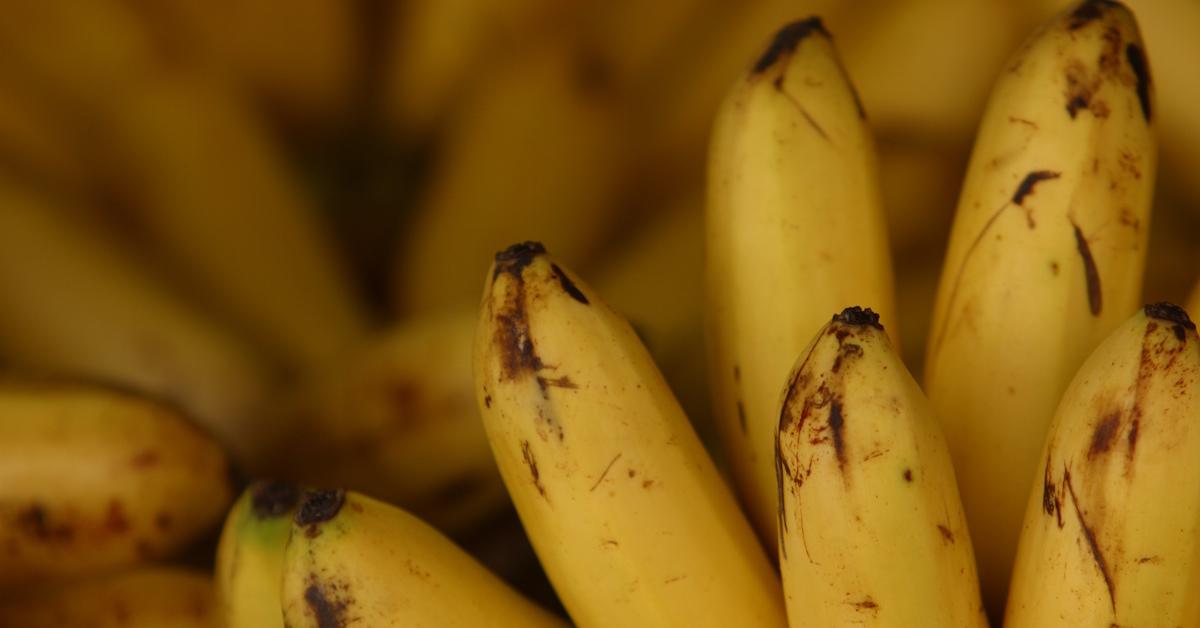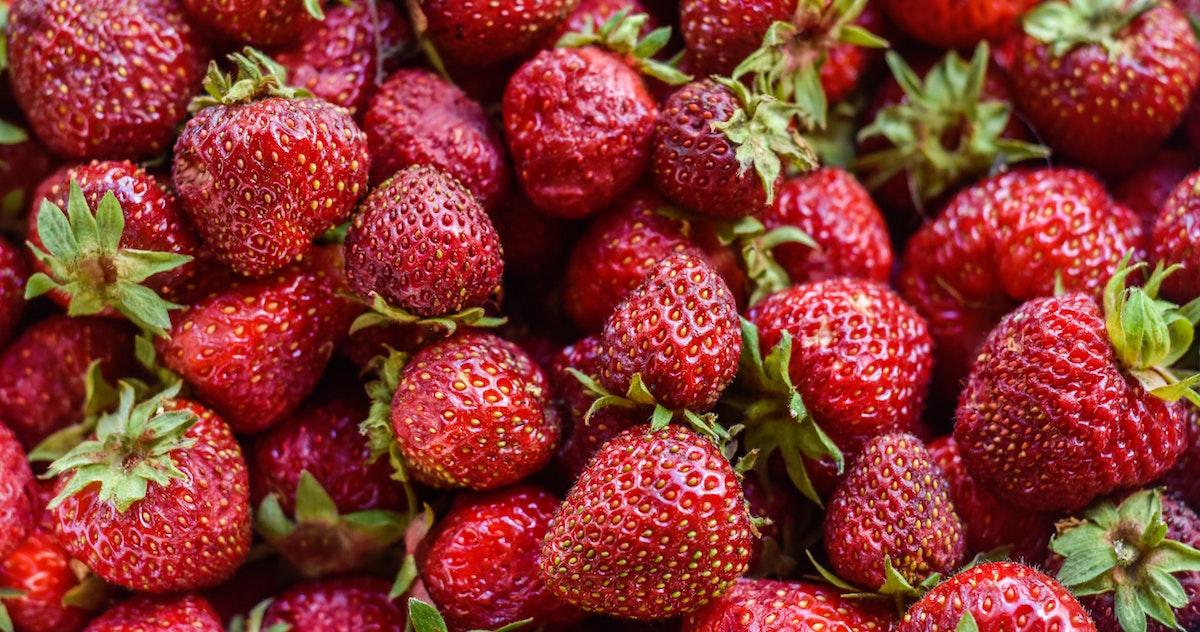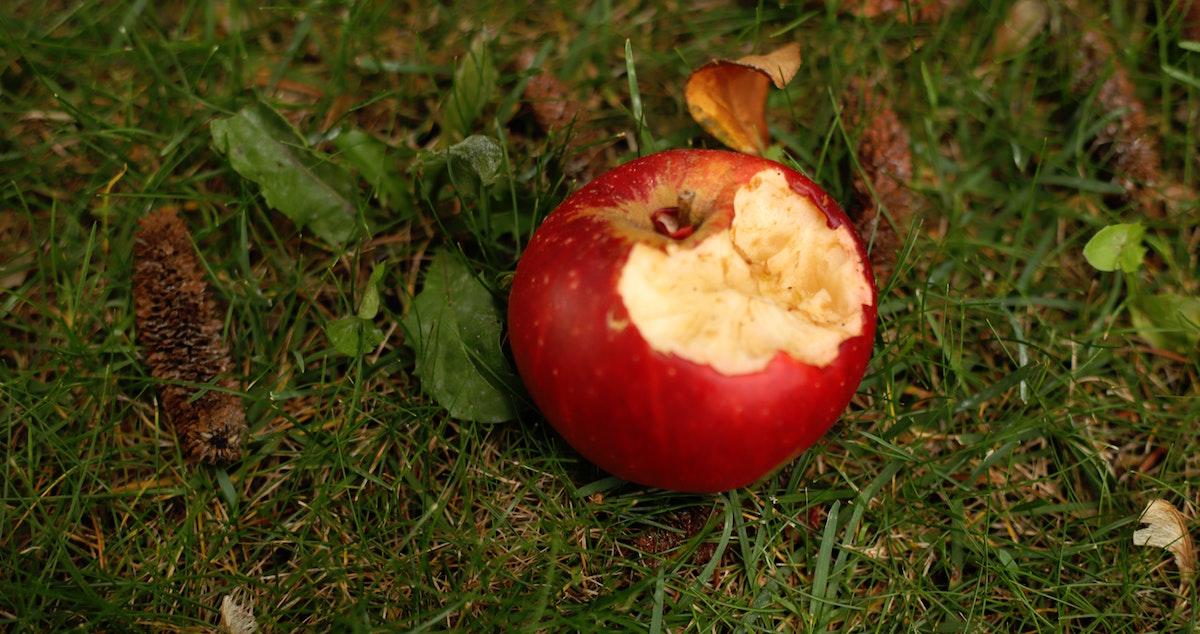Why Ripening Changes the Color and Flavor of Fruit
Published Oct. 28 2021, 2:05 p.m. ET

Fruits are a delicious, nutritious source of any diet. They come in all shapes, sizes, colors, and flavors. Most of them ripen as they grow, increasing their sugar content and flavor quotient as they become brighter or darker in color. But why do fruits darken as they ripen, and why do some of them change color completely along the way?
Why do fruits darken as they ripen?
You might have noticed that unripe fruits are typically greener than the colorful varieties they eventually become throughout the ripening process. This is because unripe fruits contain more chlorophyll in their cells at the beginning. Chlorophyll is the organic compound that gives plants their distinctive verdant hue. According to Science Focus, this chlorophyll breaks down as fruit ripens, only to be replaced with carotenoids, which are commonly orange, or anthocyanins, which are usually red.
Both carotenoids and anthocyanin are antioxidants, nutritious compounds that help our bodies fight off disease-causing, cell-damaging free radicals. These antioxidants also slow down the spoiling and oxidation process that results when the fruit is exposed to air.

Why do fruits brown after being cut?
Certain fruits turn brown after they are cut because of a process known as enzymic browning. According to the Institute of Food Science & Technology, enzymic browning is basically a type of oxidation that occurs as a result of certain enzymes called phenolase. These enzymes react when they are exposed to oxygen, which changes the phenols inside the fruit into melanin, a brown pigment.
Heat and acid can cause the phenolase enzymes to denature, thereby stopping the oxidative process. This is why bakers put sliced apples in lemon juice while they are building the rest of the dish. The acid in the lemon juice stops the production of melanin, for a time, anyway.

Which fruits ripen after they are picked?
Even though they ripen on the vine well enough, many different fruits continue to ripen well after they have been picked. According to the University of Nebraska–Lincoln, apricots, bananas, cantaloupe, kiwi, nectarines, peaches, pears, plantains, and plums are all post-pick ripeners, but bananas, in particular, are perhaps the most well-known of the bunch. (That’s a little banana joke for you.) Most of these fruits will ripen rather quickly in a paper bag or an open fruit bowl, though.
Most fruit is ripe and ready to eat once it comes off the tree. These include apples, strawberries, oranges, cherries, grapes, tangerines, and watermelon for example. Pineapples are generally lumped into this grouping, but they sometimes need a bit more ripening time even after you bring them home from the market. Don’t wait too long, though, or you’ll end up with a rotten pineapple.

How to slow the fruit ripening process:
If you want to slow your fruit down so that it lasts a bit longer, The Fruit Guys suggest keeping it in a cool space, away from heat and sunlight. Not all fruits benefit from this methodology, however, as different fruits take to different preservation methods. A few common examples include bananas, which should be kept out of the fridge but away from direct sun or heat. Conversely, apples do quite well in the fridge, lasting between three and four weeks when refrigerated.